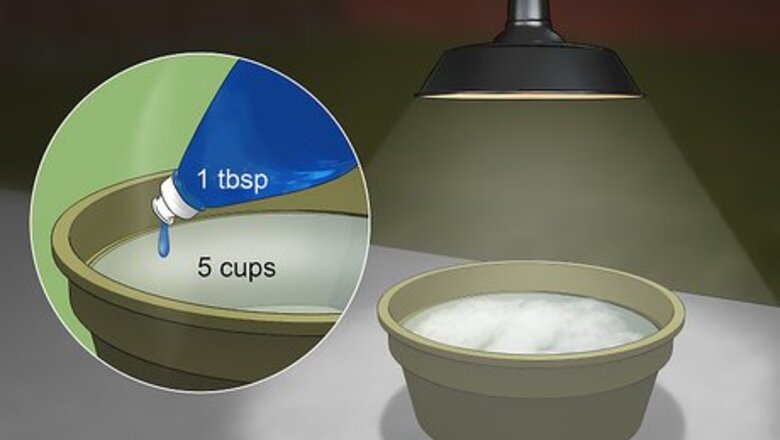
views
Using Soapy Water in a Jar
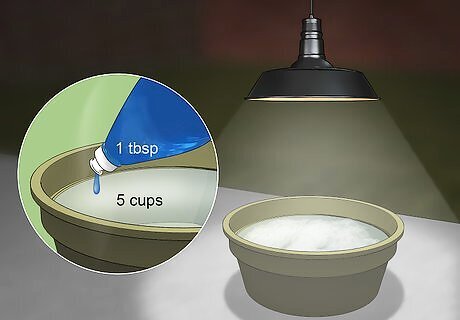
Fill a jar with water and dish detergent. Add enough liquid dish soap to the jar to cover the bottom. Fill half of the jar with warm water and stir to mix. Any liquid dish soap will work, regardless of how mild it is or what additional chemicals it may contain. The right size container will depend on how many stink bugs you intend to capture. A small custard cup or ramekin is enough if you only plan on killing a few of the pests, but a larger jar or small bucket should be used if you plan on taking care of a major infestation all at once.
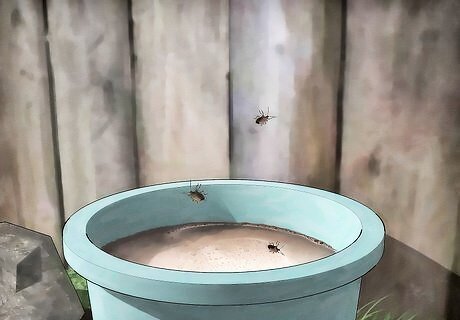
Knock the stink bug into the jar. When you come across a stink bug, flick it off its post with a popsicle stick or chopstick and down into the soapy solution. Work quickly. Some species of stink bugs can fly and may escape if you do not manage to flick it off in one fell swoop. Stink bugs should drown within 20 to 40 seconds. The bugs breathe through pores beneath their waxy exterior shells, and when soap plugs these pores up, the bugs suffocate. You could also wear disposable gloves and pick up the stink bugs by hand. Similarly, you could pick them up with tweezers. Picking them up directly ensures that they will not be able to escape, but they may release their odor if you do not work quickly.
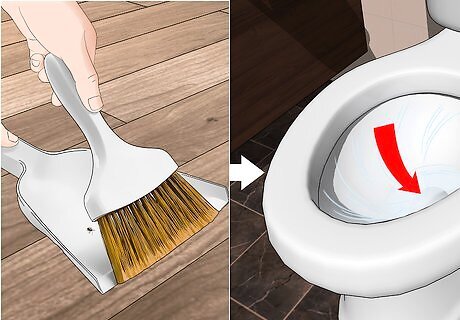
Flush the dead bugs. After you collect a few stink bugs in your soapy water, flush the contents of the jar down the toilet to dispose of the bugs and the dirty water. Wait until you collect a few stink bugs instead of flushing them individually in order to save water.
Using Soapy Water Spray
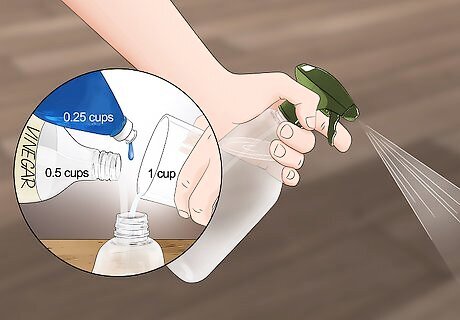
Fill a spray bottle with soapy water. Combine 32 oz (1 liter) of warm water with 3/4 cup (180 ml) liquid dish detergent. As before, any liquid dish detergent will work regardless of potency or added chemicals. Shake the bottle well to make sure that the soap and water are combined.
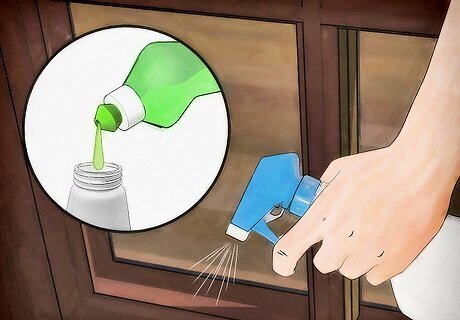
Spray the solution on bugs and along cracks. Douse any bugs you cannot knock down with the spray and apply the solution along any area you suspect the stink bugs might come in through. Even though this does not work as quickly as drowning the insects does, the soap with react with the waxy coating on the exterior of the stink bug, breaking that coating down and ultimately dehydrating the pest. Stink bugs usually sneak in through cracks, windows, doors, and vents. Spray a heavy coating of this solution around those areas so that invading stink bugs will walk through it and eventually die.
Using Traditional Pesticides
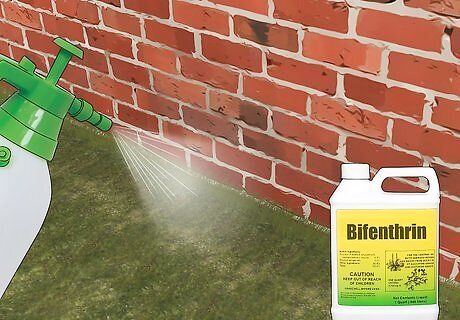
Be aware of the risks. While traditional insecticides may kill stink bugs, there are health risks and other potentially negative consequences involved. Insecticides are poisonous to humans and pets as well as stink bugs. Keep them out of reach of small children and pets, and strictly follow the application instructions on the label. Residual dust treatments can kill many stink bugs, but the bugs may die in hard-to-reach places as a result of the delayed effect. Carpet beetles and other pests may invade your home to feed on the dead bugs afterward. Aerosol foggers will kill stink bugs, but the effect only lasts for a limited amount of time, and any stink bugs that enter the area after the room is aired out will not be killed. Only use insecticides that are labeled to kill stink bugs. Otherwise, you run the risk of choosing a chemical that is not effective against these particular pests.
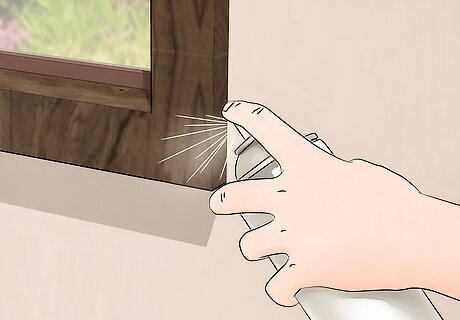
Spray the stink bug as you see it. Use a "kills on contact" aerosol insecticide to attack stink bugs as you see them. Understand that "on contact" is not necessarily as instantaneous as the term would imply. These chemicals usually begin to attack the stink bug's nervous system after they dry, but it could take several hours after initial contact before the bug dies.
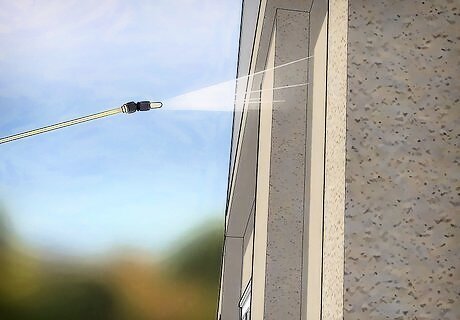
Apply residual insecticides. Following label instructions, sprinkle or spray the product in any area you suspect the stink bugs to be hiding in. Residual sprays tend to work best when sprayed along window sills, doorways, and baseboards. Residual dusts tend to work better when dusting the attic, crawl spaces, or interior wall space.
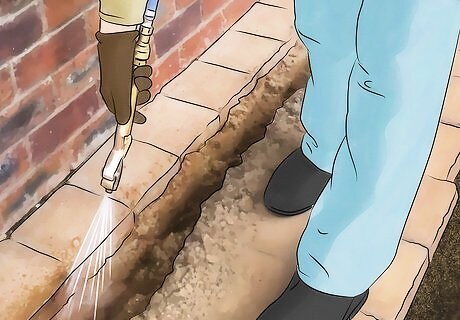
Use a perimeter insecticide outdoors. Spray an outdoor residual pesticide along the ground around your home's foundation. Stink bugs always invade from the outdoors, so any stink bug entering your home for the first time will be affected and killed.
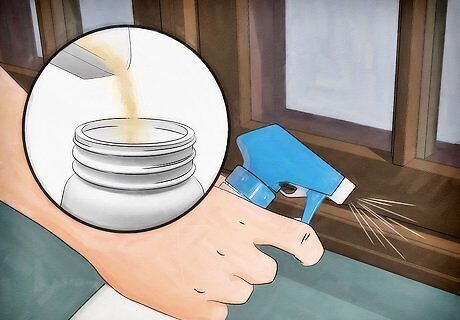
Use a nicotine solution. Soak a pack of shredded cigarettes in 1 gallon (4 liters) of warm water. Strain the solution and mix in 2 Tbsp (30 ml) of dish detergent. Fill a spray bottle with this solution and thoroughly coat the stink bug with it. The liquid dish detergent allows the solution to stick to the insect more effectively, and the nicotine poisons the stink bug. Wear disposable gloves as you work with the nicotine solution to avoid accidentally absorbing the poison through your skin.
Using Household Solutions
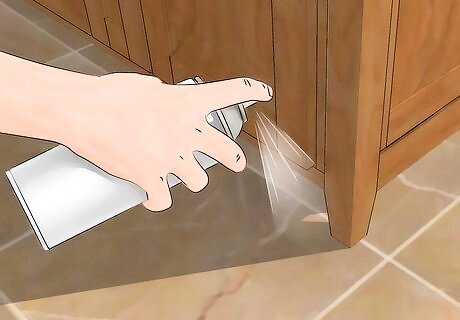
Paralyze stink bugs with hairspray. Attack each stink bug with hairspray as you see it to stop the pest from moving around. The hairspray alone will not kill the stink bug, but it will immobilize it, preventing the bug from roaming about freely and making it easier to apply a chemical that will kill the bug. Make sure to use the stickiest hairspray possible. Thankfully, cheap brands are usually stickier than expensive brands.
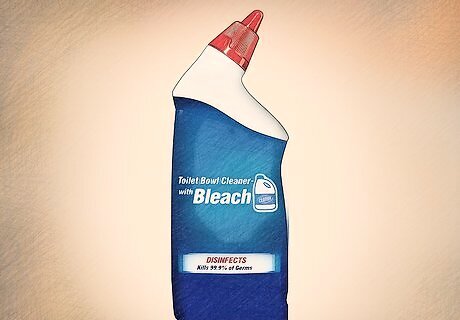
Kill the bugs with rubbing alcohol, bleach, or ammonia. Fill a glass jar halfway with one of these chemicals and knock or drop the stink bugs into the jar as you come across them. Do not mix these chemicals for any reason. Combining these chemicals can produce fumes that are deadly to humans. Knock the stink bugs into the solution using a popsicle stick or gloved hand, or pick the bugs up with tweezers. You could also dilute one part rubbing alcohol with three parts water inside a spray bottle. Attack stink bugs with this solution as you see them. The alcohol will wear away at the exterior of the insect, drying it out and eventually destroying it.
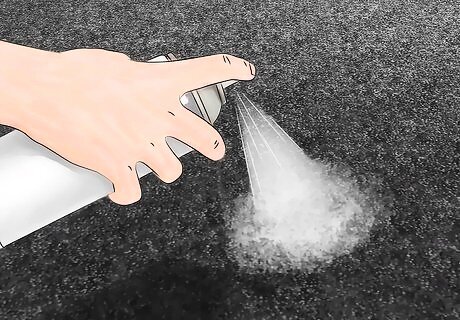
Kill the bug with wart remover. Buy a can of freeze away wart remover and spray it directly on the stink bug. The bug will freeze instantly and all you need to do is flush them down the toilet.
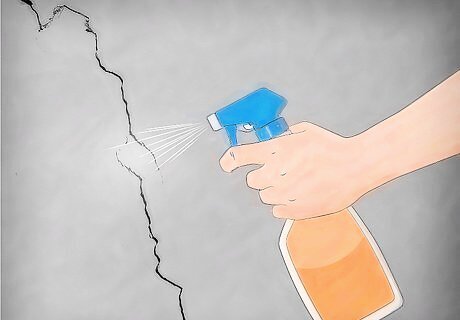
Spray the stink bug with hot sauce. Fill a spray bottle with hot sauce or liquified hot peppers. Squirt each stink bug with the spicy insecticide as you see it. Hot peppers are capable of burning human skin and eyes if handled improperly. Similarly, the peppers can burn away the waxy exterior of the stink bug, ultimately destroying it. Wash your hands after handling hot peppers and hot sauce to avoid accidentally irritating your eyes.
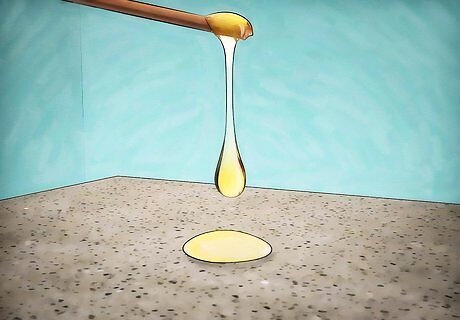
Drop candle wax remover on the stink bug. Place a single drop of candle wax remover on the back of an individual stink bug. The insect should die within one or two minutes. You might be able to apply the candle wax remover to the stink bug without capturing it, but be aware that accidentally getting the remover onto carpet or other surfaces may create a stain. For best results, immobilize the insect with hair spray or trap it inside a glass jar before applying the remover. The candle wax remover strips away the waxy coating on the outside of the stink bug's shell, thereby breaking down interior membranes.
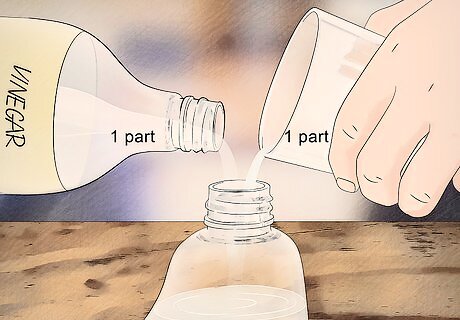
Use white vinegar. Place a tablespoonful / teaspoonful of white vinegar in a container; use a container that is not too large. Capture the stink bug using tweezers, an empty medicine container with cap, and/or use gloves. Put the bug or bugs into the vinegar. They die immediately without releasing their bomb. Flush the critters down the toilet.
Using Physical Extermination
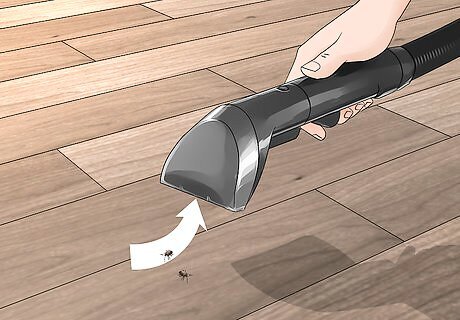
Vacuum the stink bug up. When you see one or more stink bugs, suck them up using an upright vacuum with a bag. The stink bugs will release their odor inside the vacuum, causing the machine to stink for several weeks. Sprinkle the interior of the vacuum with a strong deodorizer to minimize this effect. Avoid using bagless vacuum cleaners. Use vacuums with bags and dispose of the bag after you finish sucking up the bugs. Alternatively, wrap a knee-high stocking around the outside of the vacuum tube and secure it in place with a rubber band. Stuff the rest of the stocking into the tube and suck the stink bugs up as usual. This will prevent the bugs from passing through the vacuum filter.
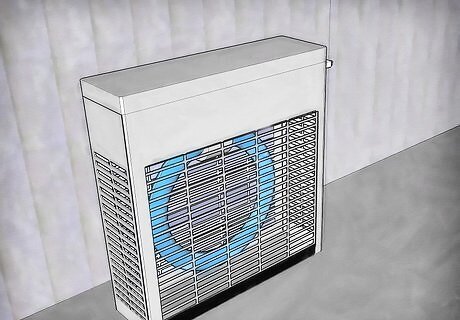
Set up an insect electrocution system. Place a bug zapper in a dark attic or closet. Like most insects, stink bugs are drawn to sources of light. By placing the device in a dark room, the light of the electrocution system becomes more appealing to the stink bugs. As they approach the light, they are instantly electrocuted and die before they have the chance to release their stink. Make sure that you sweep up or vacuum up the dead stink bugs after several days pass.
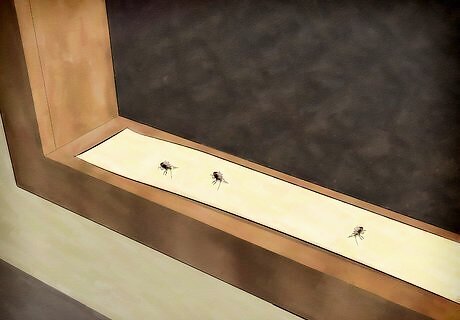
Lay out glue traps. Spread flypaper or other sticky traps near windows, doorways, vents, and cracks. The stink bugs will get caught on the traps as they pass over them. Without being able to search out food, the insects will starve to death. Throw out the glue trap after you have gathered several stink bugs. Be aware of the fact that stink bugs may release their odor upon becoming stuck to the trap.
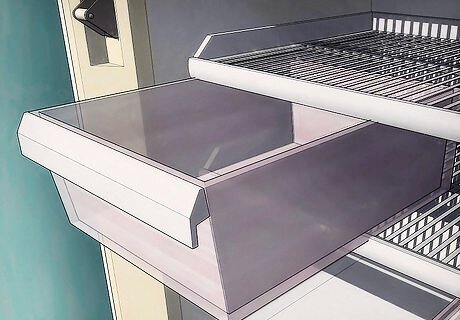
Freeze the insects to death. Trap the stink bugs in a resealable plastic freezer bag or airtight, freezer-safe container. Place the container in a freezer for several days to kill them. Make sure that the container or bag has a tight seal. Otherwise, you run the risk of contaminating the contents of your freezer.
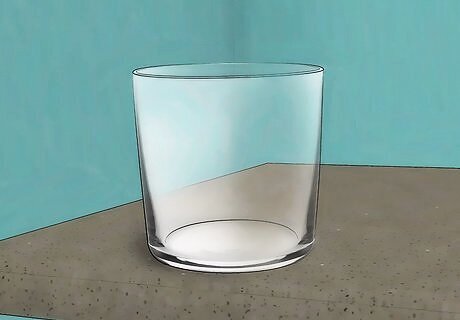
Put a glass over the bug and leave it till it kills itself on its own toxic emissions. Quickly pick up the glass. Sweep the dead bug into the garbage. Make sure you do this outside because the chemical will build up and you can actually see the brown fumes.















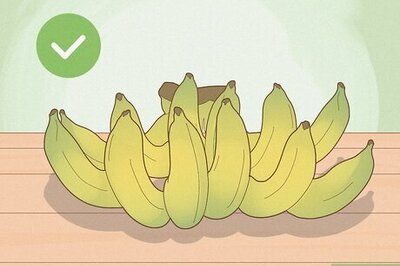




Comments
0 comment